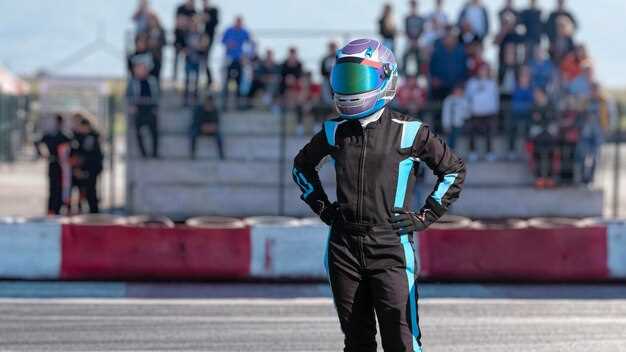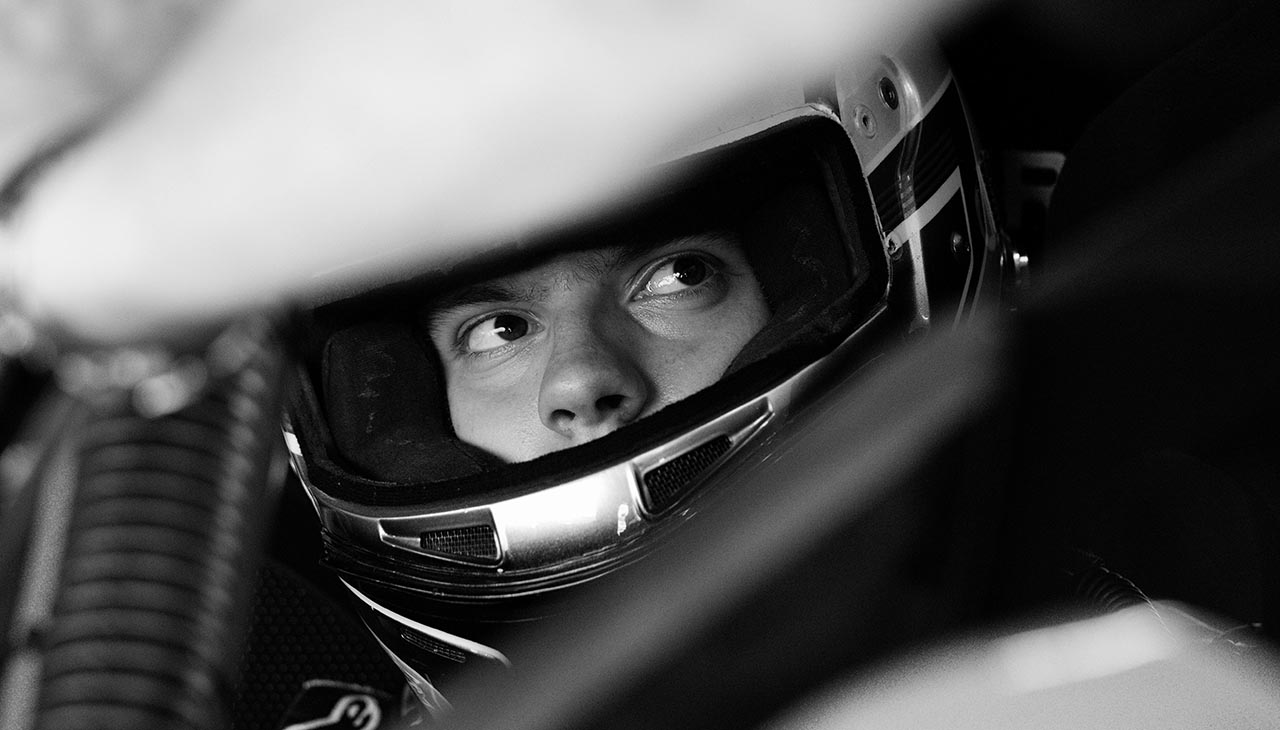
In the high-stakes world of motorsports, the difference between victory and defeat often comes down to meticulous preparation. Every race demands not only raw talent and speed, but a comprehensive prep strategy that encompasses physical fitness, mental focus, and technical understanding. Successful racers recognize that preparation involves a multifaceted approach, and every detail counts in the quest for the checkered flag.
The journey begins long before the engines roar to life on race day. Athletes dedicate countless hours to refining their skills, enhancing their endurance, and mastering the intricacies of their vehicles. This level of focus is critical, as even the smallest oversight in their prep can lead to catastrophic consequences on the track. Physically, racers engage in rigorous training regimens that improve their strength, stamina, and reflexes, enabling them to handle the immense G-forces and stress encountered during a race.
Mental preparation is equally vital. Racers employ various techniques to maintain sharp focus and composure under pressure. Visualization exercises, mindfulness practices, and strategic goal-setting are among the tools they utilize to stay calm and collected amidst the adrenaline rush of competition. Ultimately, effective prep work combines both physical and mental elements, allowing racers to tackle the challenges of each event with confidence and precision.
Understanding the Importance of Physical Conditioning

Physical conditioning is a crucial aspect for racers preparing for major events. The high demands of a race require not only mental sharpness but also exceptional physical fitness. Adequate training helps racers enhance their stamina, strength, and agility, leading to improved performance on the track.
Mental preparation is closely tied to physical conditioning. A racer in peak physical shape is better equipped to handle the stress and pressures of competition. The body’s endurance allows for sustained focus and concentration throughout the race, thereby reducing the likelihood of mental fatigue. This synergy between body and mind is essential during crucial moments, such as tight turns or high-speed straights.
Effective prep involves a combination of cardiovascular training, strength workouts, and flexibility exercises. Each component plays a role in ensuring that the racer can maintain optimal control over their vehicle while also managing their physiological responses. For instance, strong core muscles provide stability, while cardiovascular fitness ensures that the racer can keep up with prolonged exertion without succumbing to fatigue.
Furthermore, understanding the importance of recovery is vital for racers. Incorporating rest and nutrition into their training schedules allows the body to heal and adapt, ultimately enhancing performance levels. This well-rounded approach to physical conditioning is foundational for success in competitive racing environments.
Developing Mental Strategies for Race Day
Preparing mentally for a race is as crucial as physical training. A racer must develop effective mental strategies to ensure optimal performance on race day. One key aspect is visualization. Athletes visualize the race from start to finish, imagining themselves overcoming challenges and achieving their goals. This technique helps to create a positive mindset and boosts confidence.
Focus is another vital component of mental preparation. Racers often practice mindfulness techniques to enhance their concentration. By staying present and tuning out distractions, they can maintain high levels of performance under pressure. Mental rehearsal can also play a significant role; athletes mentally simulate race scenarios to prepare for various situations that may arise during the event.
Additionally, creating a pre-race routine can help to establish a sense of calm and readiness. This routine may include specific warm-up exercises, breathing techniques, or affirmations that reinforce a positive attitude. Such rituals enable racers to anchor their focus and eliminate anxiety before the race begins.
Developing resilience is essential for overcoming setbacks during the race. Athletes train their minds to reframe negative thoughts into positive ones, allowing them to bounce back quickly from errors or unexpected developments. This mental agility is crucial in high-stress environments, where maintaining composure can significantly impact performance.
Ultimately, the combination of visualization, focus, structured routines, and resilience are fundamental mental strategies that racers can employ. By integrating these techniques into their overall prep, they can ensure they are ready not only physically but also mentally for the challenges of race day.
Fine-Tuning Vehicle Performance and Setup

Fine-tuning vehicle performance is a critical aspect of preparation for racers approaching major events. This process involves meticulous adjustments to various components of the car to optimize its handling, speed, and reliability. Engineers and mechanics work closely together, focusing on specific areas such as suspension settings, tire pressures, and weight distribution to enhance overall performance on the track.
A common practice is to adjust the suspension system to improve grip and cornering capabilities. By manipulating settings such as damping rates and ride height, racers can maximize contact with the track surface, which is essential for maintaining speed during turns. Additionally, tire selection and pressure are vital factors; the right tire compound can offer superior traction, while appropriate pressure ensures optimal surface contact with minimal wear.
Furthermore, gear ratios are fine-tuned to enhance acceleration and top speed. Depending on the race type, drivers might adjust these ratios to suit either a more technical track or a high-speed circuit. The right balance can greatly affect a racer’s ability to respond to the demands of varied racing conditions.
Beyond physical adjustments, mental preparation plays a significant role in the fine-tuning process. Racers need to acclimate themselves to the modified handling and performance characteristics of their vehicles. This mental focus allows drivers to adapt their racing style, ensuring they can push their machines to the limit while maintaining control during challenging situations on the course.
In summary, fine-tuning vehicle performance and setup encompasses a comprehensive approach that integrates both mechanical adjustments and mental readiness. This dual focus enables racers to achieve peak performance during crucial racing events, directly impacting their competitiveness on the track.




